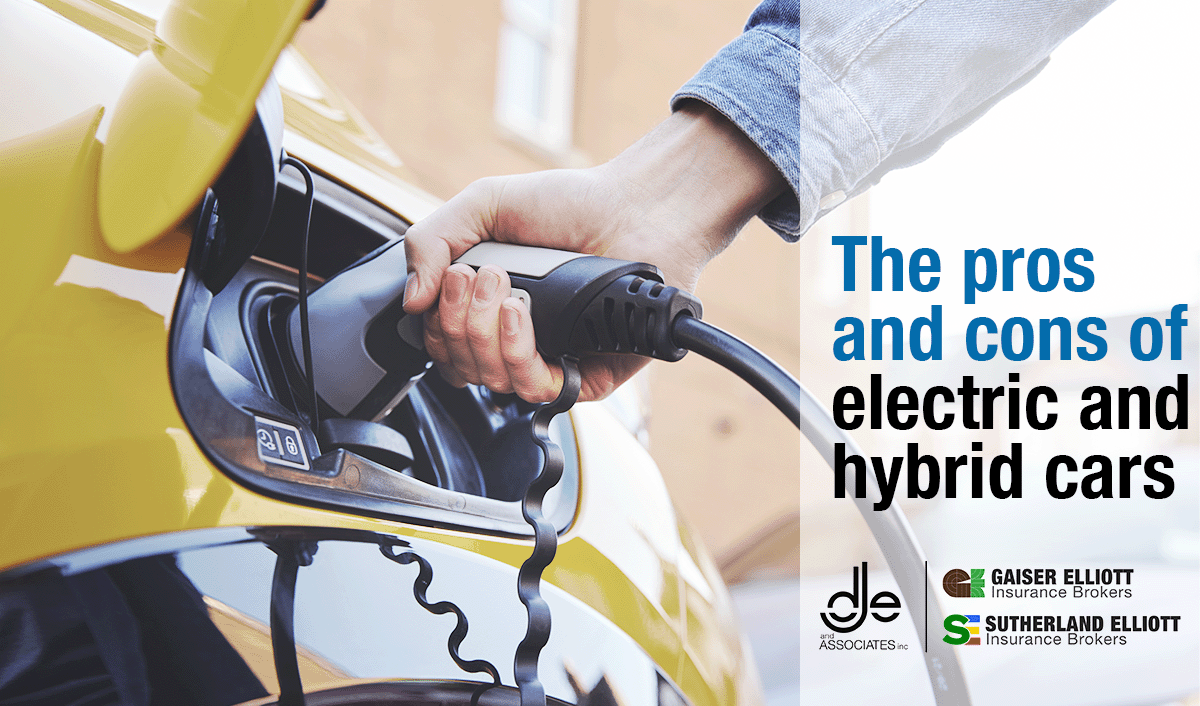
Pure electric vehicles
Electric cars are powered by electricity from batteries or fuel cells. We’ll focus on pure electric (battery-operated) vehicles here.
Pros
|
Cons
|
Hybrid vehicles
Hybrid vehicles (also known as “gas-electric hybrid cars” or just “hybrids”) are powered by gas engines and electricity. Standard hybrids are generally charged by the gas engine and through regenerative braking (a process where braking generates energy and stores it for future use) and don’t need to be plugged in, while plug-in hybrids do need to be plugged in to recharge. We’ll cover both here.
Pros
|
Cons
|
Should I buy a pure electric vehicle or a hybrid vehicle?
A hybrid is a good middle-ground between a traditional vehicle and a pure electric one. If you want to help the environment but also want the freedom to take an impromptu road trip whenever you want to, a hybrid might be the best fit for you. It’ll help reduce your carbon footprint when it’s running on electricity, but it also gives you the flexibility that comes with a gas tank you can fill up anywhere. If you have access to a charging station at home or at work and your round-trip commute easily fits within an electric vehicle’s range, an electric vehicle might work for you. But if you live in a more rural area or frequently take longer trips in locations where charging stations are few and far between, you may want to consider a hybrid or conventional vehicle instead.
This article was originally posted on
economical.com

 519 681 0179
519 681 0179